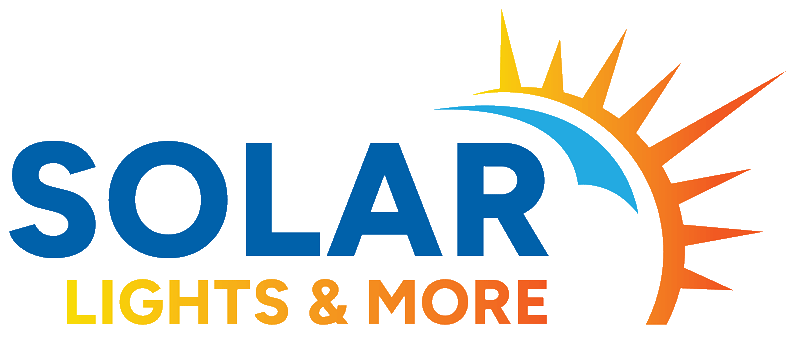Over 29 Years Serving Central Florida
Planning Your Home Solar Electric System
August 11, 2015If you’re tired of looking at high energy bills at the end of every month, consider the potential benefits of free solar energy in the villages and the rest of North Central Florida. With more than 300 sunny days a year, Florida is the ideal environment for solar energy . If you are mulling over the idea of making your Florida home solar-powered, there are some important steps you will need to take in order to make the transition to solar as efficient as possible.

Determine How Much Energy You Use
Before making the change to solar, you might take a look at your accumulated utility bills for the past six months. This will help you calculate the amount of energy you currently use in your household, which will help you determine how much money you might be able to save by switching to solar power.
Decide What Kind of PV System You Need
Determining your energy needs will also help you determine how large your solar power system needs to be. Your solar energy provider can tell you how much electrical power each available photovoltaic (PV) system will provide for your household, which will allow you to decide what kind of system will be best suited to your needs.
Find out if You Need a Permit
In some cases, you will need a permit in order to add a solar electric system to your home. Your North Central Florida solar energy provider should be able to help you determine the rules for your area, so that you can be sure that these details are taken care of by the time you start installing your solar power system.
Look for Solar Rebates and Incentives
Today, numerous incentives—such as federal tax credits—are available to homeowners who decide to power their households using solar energy. If you’re a homeowner in North Central Florida who’s planning to install solar products, ask your solar energy provider about incentives that may be available to you.
